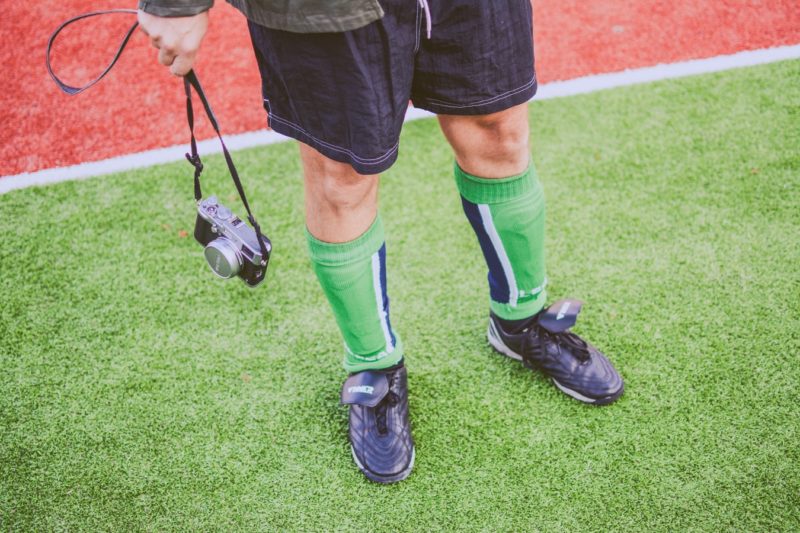
Recovering from hip replacement surgery

Hip replacement surgery is a procedure in which an orthopedist surgically removes a defective hip joint that has developed arthritis and replaces it with an artificial hip joint which is made of either metal or plastic. Hip replacement surgery is a last-resort option when all other non-invasive options such as physical therapy, pain management, and self-care have not worked. Once the hip joint has healed, patients report increased quality of life. At New York Sports Medicine Institute we are a team of orthopedists, physical therapists, a concussion specialist, and a physiatrist in NYC and White Plains that can help you every step of the way of your hip replacement process.
Recovery after a hip operation:
Immediately after your hip replacement, you will be monitored by your team of doctors for several hours and either provided further treatment or released based on progress. You could feel some pain however we will provide you with medicine to reduce this. Anesthesia can cause breathing issues, which can cause mucus to accumulate in the lungs. Deep breathing and frequent coughing help to keep the lungs clean.
The typical post-hip replacement surgery hospitalization lasts one night, with some patients leaving the same day of surgery and others leaving days after.
Physical therapy & pain management:
Regular exercise to restore strength and flexibility in the hip joint is essential for a complete recovery. The goal is helping you return to your daily activities. After you are released, you will need to begin outpatient rehabilitation. This begins based on your overall bodily condition post-surgery. At New York Sports Medicine Institute, our team of orthopedists, physical therapists, and a physiatrist in NYC will work to get you back to living your life pain-free.
Depending on your hip condition, a physiatrist may offer injections that can reduce pain and aid in overall healing. In conjunction with physical therapy, your physiatrist in NYC can greatly help you during the post-surgical rehabilitation process.
Take care of your surgical wound:
You can typically remove the surgical bandage after five days. If you have sutures or pins, keep the area clean and dry until it is removed about two weeks after surgery. When bathing you must protect the area so that you do not get wet. Your surgical team will go over this process with you.
If there are signs of infection, contact your physiatrist in NYC immediately. Signs of infection may include:
- Redness around the cut.
- Drainage issues at the incision.
- Flu-like symptoms.
How to reduce swelling and inflammation:
Circulation of the affected leg is slow after surgery, resulting in swelling of the calf and ankle. The swelling lasts on average 12 weeks but should decrease with each week. To reduce puffiness, we recommend resting your legs, knees above the heart, four to five times a day for 15 to 20 minutes each. Apply a cold compress to each painful or swollen area four to five times a day for at least 15-20 minutes.
Your physical therapist and physiatrist will help to reduce swelling and inflammation by prescribing the right treatment plan.
How to prevent blood clots:
Physical activity is the key to reducing the risk of a serious blood clot in your body. Walking, even over short distances, promotes circulation so as soon as you receive the go-ahead to begin walking, you should. Aim and bend your ankle repeatedly while sitting. Also, remember to take a prescription anticoagulant medication.
The symptoms of a blood clot include:
- Increase swelling of the affected leg, which does not decrease.
- Pain when touching the calf.
If you have any of these symptoms, contact our office immediately for further instructions!
Follow-Up Post Hip Replacement Surgery:
Up to one-year post-surgery, you will have regular follow-up visits with your orthopedic surgeon. Your physician may run tests including x-rays, perform a physical examination, and discuss your concerns and mobility and comfort progress. Because we are a multidisciplinary team of orthopedists, concussion specialists, physical therapists, and a physiatrist in NYC, we can help you in all aspects of the hip replacement process.
Contact a Physiatrist in NYC:
If you or someone you know has recently undergone hip replacement surgery, New York Sports Medicine Institute can help get them on track to recovery. Our team offers exceptional one-on-one treatment that can help give you the attention you deserve. For questions on how we can help, schedule an appointment today!
